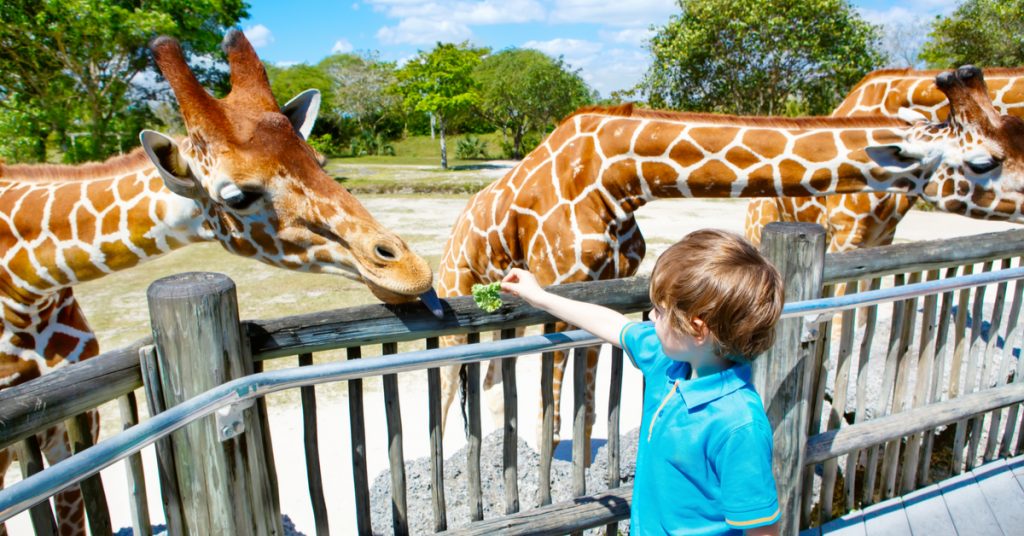AZA Giving HSUS Opportunity to Plug HSUS
The Association of Zoos and Aquariums (AZA) is the largest zoo accrediting group in the United States, and is part of a worldwide network of accredited zoological institutions that contribute greatly to animal conservation and public education. The existence of zoos, however, is threatened by radical animal rights groups including HSUS and PETA, who have spread anti-zoo propaganda to children and other demographics. These groups are laying the groundwork to undermine public acceptance of zoos (which is currently very high).
So why has the leadership of AZA provided Wayne Pacelle, CEO of the Humane Society of the United States, a keynote address spot at the group’s annual meeting in September? And why is it hosting another HSUS employee on a panel discussion?
HSUS and Pacelle have an anti-zoo, PETA-like agenda. Consider the following:
- HSUS’s official position on zoos is that it “believes that under most circumstances wild animals should ideally be permitted to exist undisturbed in their natural environments. Zoos are, however, a currently established part of our society and a fact of life.” Not exactly a ringing endorsement. In fact, HSUS is saying that ideally there would be no zoos and implying that, in the long run, there should be fewer and fewer.
- HSUS does not endorse AZA institutions. “Even some AZA-accredited zoos contain forgotten and outdated exhibits,” says HSUS.
- Wayne Pacelle has praised PETA, saying, “PETA has really done so much in a short time to protect animals and promote animal rights … visionary and professional leadership.”
- Wayne Pacelle has even spoken out against pet ownership. Asked if he would envision a future without pets, he said, “If I had my personal view perhaps that might take hold. In fact, I don’t want to see another cat or dog born.” If he doesn’t like pet ownership, does anybody think he likes zoos?
The second HSUS representative—let’s not forget him—is Jonathan Balcombe. He’s an animal liberation extremist who has compared eating meat to using the “n”-word. Recently Balcombe has focused his efforts on fish. “Each fish is a unique individual, not just with a biology, but with a biography,” Balcombe asserts. “If you apply my rule of thumb, then very few species of fishes can adequately be kept in a tank,” he says. That doesn’t sound like a fan of aquariums—another segment of the AZA membership.
What good can come for the AZA of getting closer to people who ideally want AZA members out of existence? Some would say it’s a way for AZA to co-opt an opponent. But they’re playing with fire. HSUS’s strategy with any industry is to constantly move the goalposts while they “divide and conquer.” HSUS convinces AZA to embrace an alliance while allowing HSUS to co-opt AZA, not the other way around. It will give authority to HSUS to be the arbiter of who’s a humane zoo and who’s not, and reduce AZA’s authority on the matter.
The bottom line is that Wayne Pacelle has a record of deception—he recently lied before a Congressional committee. HSUS’s whole business model (and the nice salary it affords Pacelle) is based off of scam—keeping small-dollar donors in the dark that HSUS is not related to local humane societies. It’s likely that Pacelle will say whatever he needs to say to sound nice to AZA and try to get in their good graces. Perhaps he’ll spin a yarn about how AZA is the best in the business, and how HSUS just wants to “help” zoos “improve.” On his terms. What he won’t be upfront about is that the ultimate improvement is to not exist at all.




